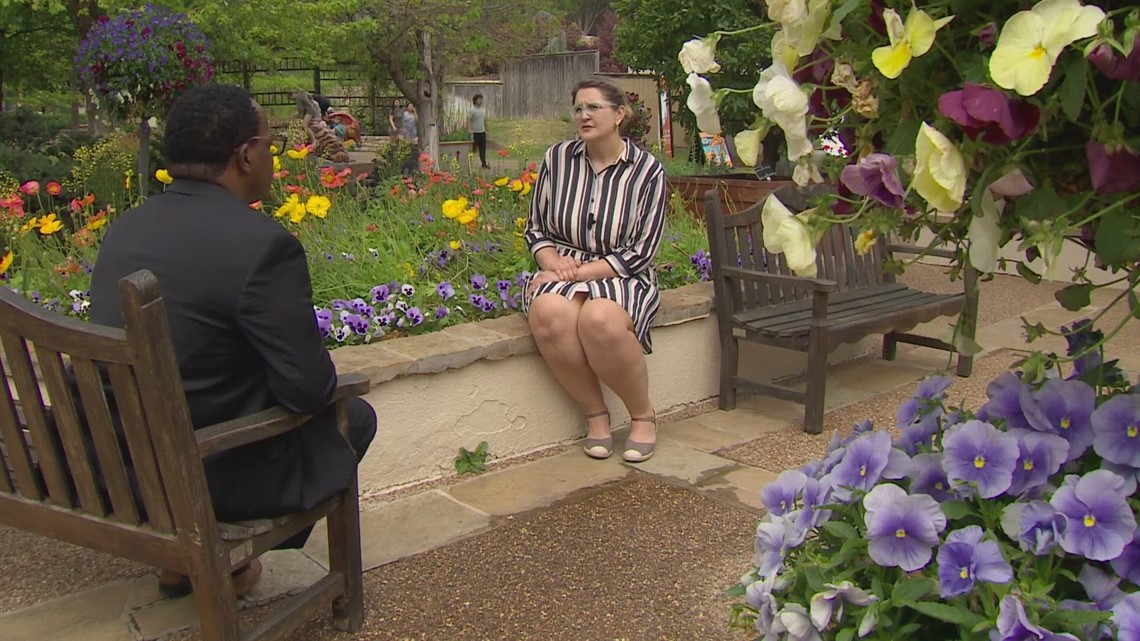Fort Worth Botanic Garden invites the blind and visually impaired to experience the Total Solar Eclipse through technology
The sound of music will help the visually impaired track the solar eclipse from start to finish. The Fort Worth Botanic Garden has invited the blind and visually impaired to experience the Total Solar Eclipse on April 8 through sound technology. The sound of music will help visually impaired people track the solar eclipse from start to finish. The Lighthouse for the Blind of Fort Worth will use a light-sound device that converts data to sound, allowing visually impaired individuals to observe when the moon orbits between Earth and the sun. The event will also feature free activities outside the garden, community science, and activities to learn more about the eclipse and its solar system.

Published : one year ago by Scoop Jefferson in World
The sound of music will help the visually impaired track the solar eclipse from start to finish.
Example video title will go here for this video
Example video title will go here for this video
FORT WORTH, Texas — On April 8, while Eclipse watchers look to the skies, people who are blind or visually impaired will use sound to detect the moon passing between the sun and Earth.
When you meet Fort Worth mother, Alexa Owens, she'll tell you she has conquered a lot by not allowing being visually Impaired to get in her way.
"Just because we have a disability, we want to do and experience everything just like everyone else," Owens said.
Owens is a mother of two and works full-time with the Lighthouse for the Blind of Fort Worth. She considers her coworkers at Lighthouse her second family. They depend on each other because much of their duties are done on an assembly line method in the warehouse.
For the visually impaired, Lighthouse has teamed up with Fort Worth Botanic Garden so visually impaired people won't miss the eclipse. They will use a light-sound device that converts data to sound. That will allow visually impaired people to witness when the moon orbits between the Earth and the sun.
"The flute sound is at total brightness or total exposure to the sun. You will hear the tones get deeper and deeper with the clarinet sounds as a transition to the deep clicking," Lea Rowe said.
"So, if you think about blindness, it's on a full spectrum. Nobody really experiences the same way. You might have one person who can see just light and shadows," said Rowe, "You might have another who has blocked out tunnel vision, so they can only not see what's directly in front of them, where some might be missing their complete peripheral. And then you have someone who has complete blackness. So it's a full spectrum, of accommodations."
"Things like this happen all the time, like phenomenon, and they can get involved and experience it," said Sorelle.
Fort Worth Botanic Garden staff has already had about 2,700 people RSVP for their eclipse watch event. They expect that number to grow leading up to the celestial event. They are also prepared to make accommodations for people who decide to show up at the last minute.
"We should have lots of high energy. We'll have lots of free activities outside the garden, as well as different activities and food trucks inside the garden," said Sorelle, "We'll have some opportunities to do community science with our research team and other opportunities and activities to learn more about the eclipse and our solar system.
